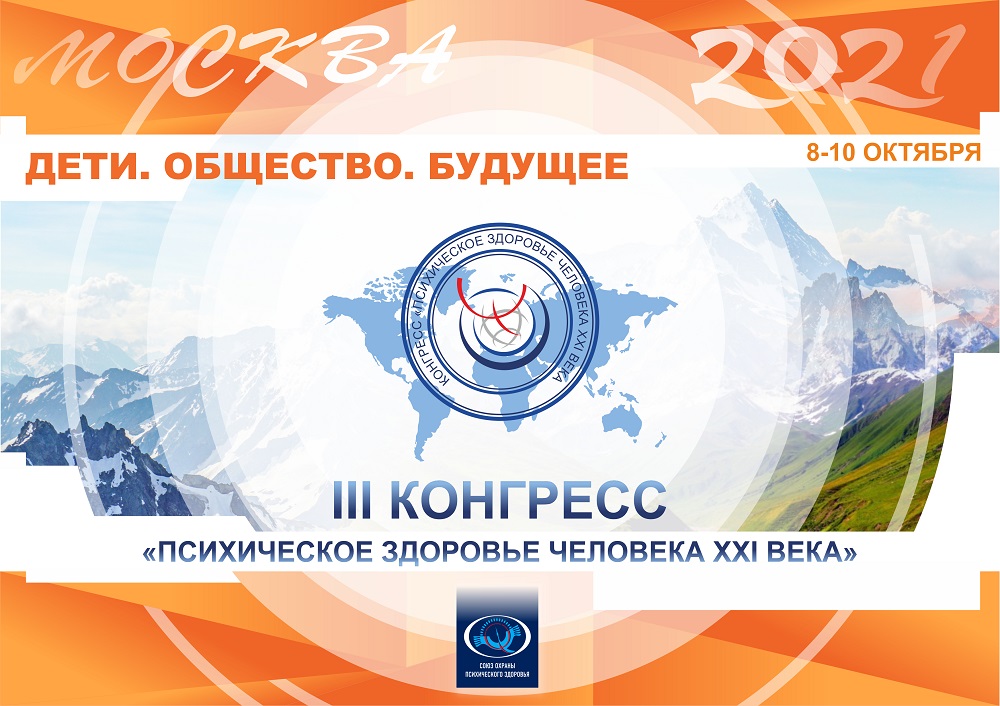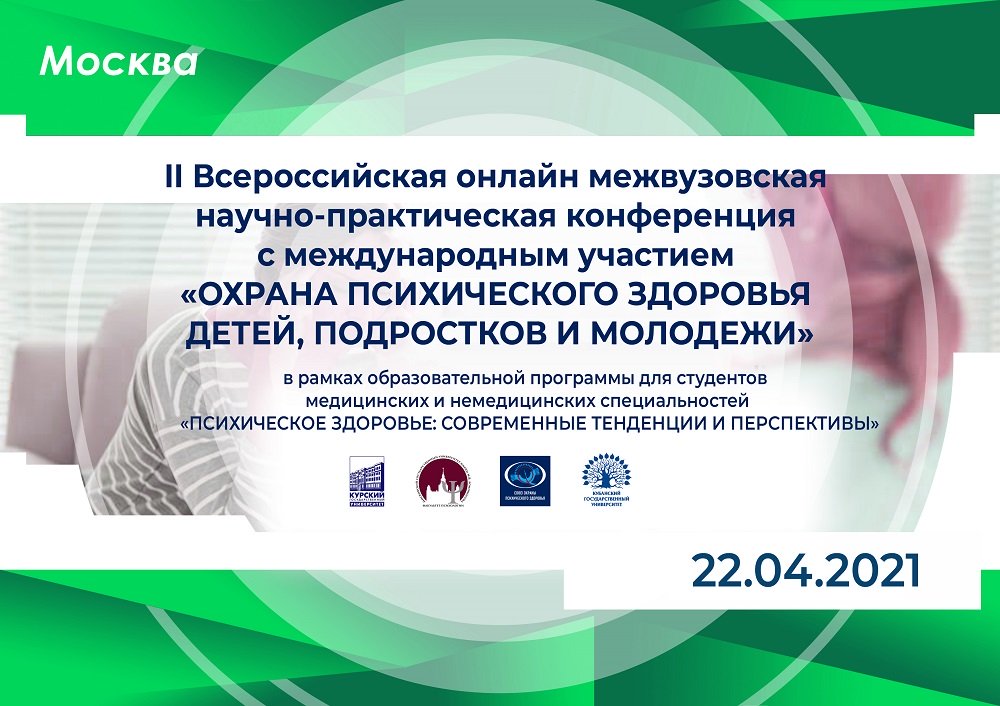Children and adolescents in difficult life situations: implications for social psychiatry by Marianne C. Kastrup, MD, PhD (Denmark)
From a social psychiatric perspective an important public health issue is the increasing number of persons with a traumatic background requiring mental health services. Certain groups with a history of serious adversities are particularly vulnerable, among them children and adolescents that may develop various stress reactions and display psychological reactions that resemble those manifested by adults. Up to 50% of children may develop PTSD following a traumatic event. A large proportion develop a chronic disorder with associated psychological and social problems.
This traumatized population is on the rise both in a European and a global context, and incentives should be encouraged that result in reducing inadequate access to services for this population.
Initiatives may include:
On service level it is important to review e-mental health initiatives to overcome the shortage of resources as well as health promotion activities, psycho-educational interventions, resilience and / or resource – oriented interventions.
On training level awareness raising courses should be initiated and recommendations be included in the training curricula suited to different levels with different educational modules.
On the organizational level it is important to lobby at the national levels for more resources and better mental health services to this population and in collaboration with other professional organizations of mental health professionals, service users and service providers lobby for more resources to and better mental health services to the group.
On research level we should prepare guidelines to support researchers in implementing these issues.









